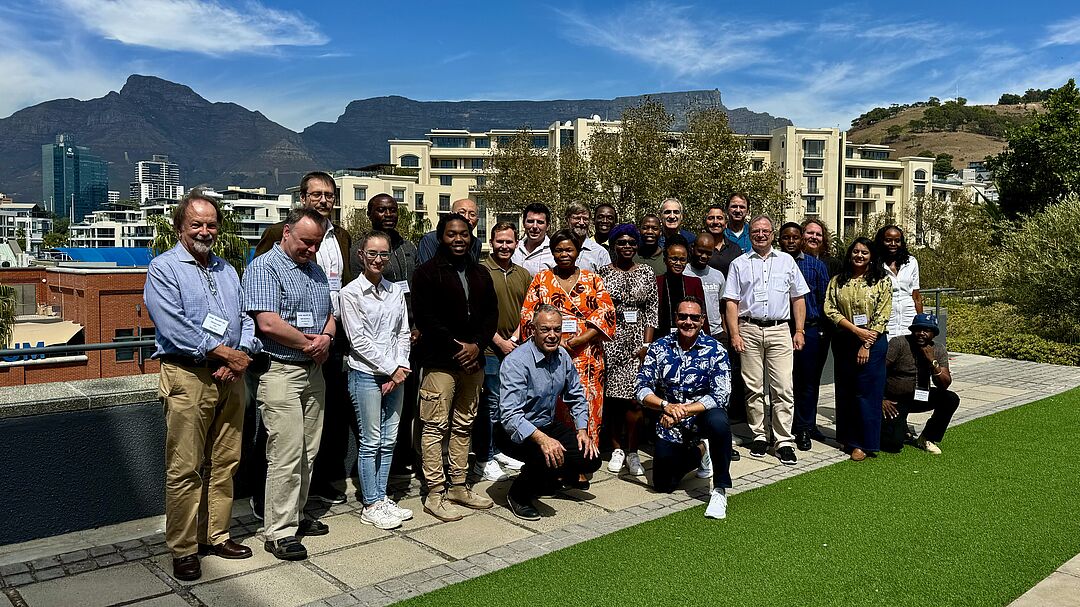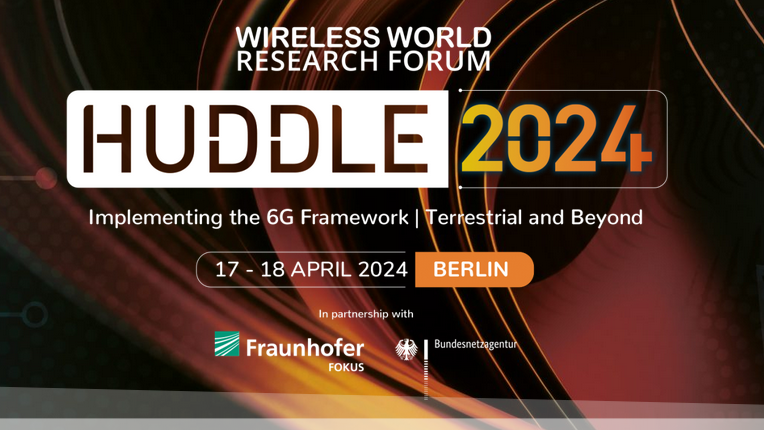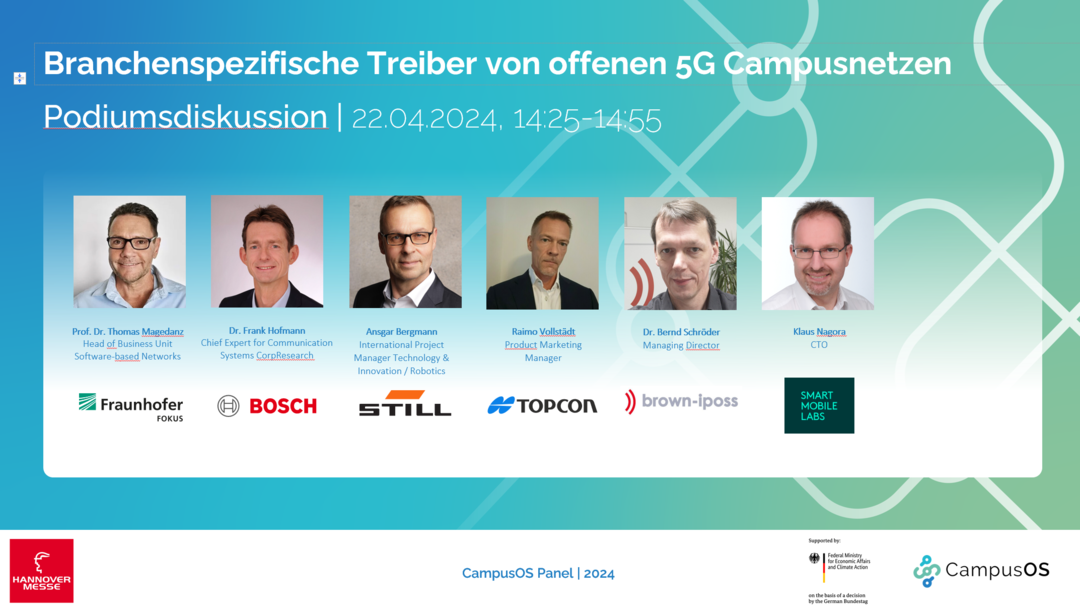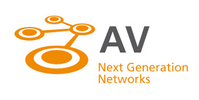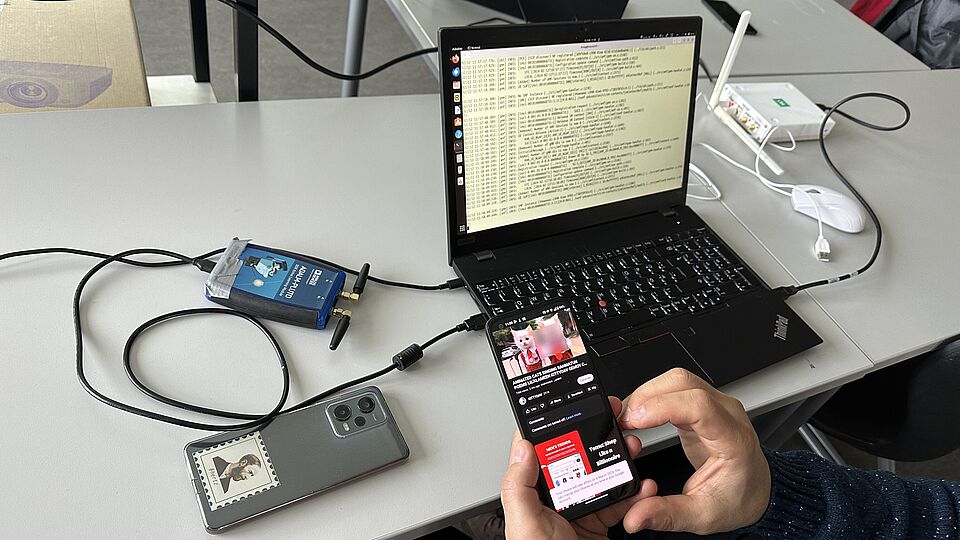 © Elena-Ramona Modroiu
© Elena-Ramona Modroiu
Fachgebiet Architekturen der Vermittlungsknoten (AV)
Willkommen auf der Webseite des Fachgebiets Architekturen der Vermittlungsknoten (AV) an der Technischen Universität Berlin. Das Fachgebiet wird von Prof. Dr.-Ing. Thomas Magedanz geleitet und widmet sich der Lehre und Forschung von Themen aus dem Gebiet der aktuellen 5G- und zukünftigen 6G-Netzwerke.
Aktuelle Veranstaltungen
| Sekretariat | HFT 7 |
|---|---|
| Gebäude | Fraunhofer FOKUS |
| Adresse | Kaiserin-Augusta-Allee 31 10589 Berlin |
| Sekretariat | HFT-TA, Raum HFT-TA 423 |
|---|---|
| Adresse | Einsteinufer 25 10587 Berlin |

 © Philipp Arnoldt
© Philipp Arnoldt
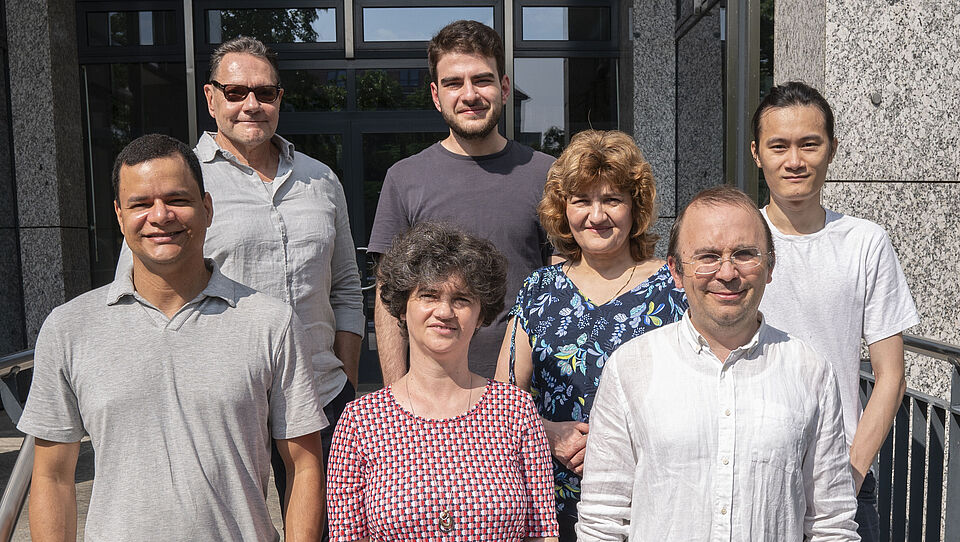 © Fraunhofer FOKUS
© Fraunhofer FOKUS

